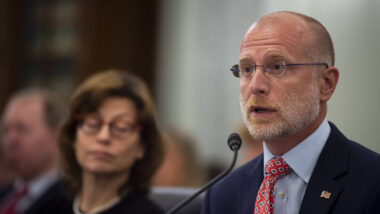Das Berkman Center hat eine ausführliche Studie über Politik-Blogs im US-Wahlkampf 2008 veröffentlicht, die von Yochai Benkler, Aaron Shaw und Victoria Stodden verfasst wurde: A Tale of Two Blogospheres: Discursive Practices on the Left and Right.
Discussions of the political effects of the Internet and networked discourse tend to presume consistent patterns of technological adoption and use within a given society. Consistent with this assumption, previous empirical studies of the United States political blogosphere have found evidence that the left and right are relatively symmetric in terms of various forms of linking behavior despite their ideological polarization. In this paper, we revisit these findings by comparing the practices of discursive production and participation among top U.S. political blogs on the left, right, and center during Summer, 2008. Based on qualitative coding of the top 155 political blogs, our results reveal significant cross-ideological variations along several important dimensions. Notably, we find evidence of an association between ideological affiliation and the technologies, institutions, and practices of participation across political blogs. Sites on the left adopt more participatory technical platforms; are comprised of significantly fewer sole-authored sites; include user blogs; maintain more fluid boundaries between secondary and primary content; include longer narrative and discussion posts; and (among the top half of the blogs in our sample) more often use blogs as platforms for mobilization as well as discursive production.
Eine Zusammenfassung findet man bei The Nation: New Study: Liberals More Open Than Conservatives Online.
The study proposes a historical theory for the Democrats‘ current edge online. (It’s a big one, as the 2008 election revealed, when Obama raised $500 million through the web alone. McCain raised under $200 million from all individual donors combined.) According to the authors, the netroots‘ early embrace of deeper participation platforms, coupled with progressive bloggers interest in mobilizing fundraising and specific actions, helped prime the tactics and habits that supported the Democrats‘ later web dominance. The survey data does show that progressive bloggers were far more demanding of their readers. One out of three liberal sites made direct fundraising pitches, and almost half asked readers to take some political action, according to a section of the study analyzing the top sixty-five blogs. On the right, however, only one out of twenty blogs pushed fundraising, and fewer than one out of five issued „calls to action.“




0 Ergänzungen
Dieser Artikel ist älter als ein Jahr, daher sind die Ergänzungen geschlossen.